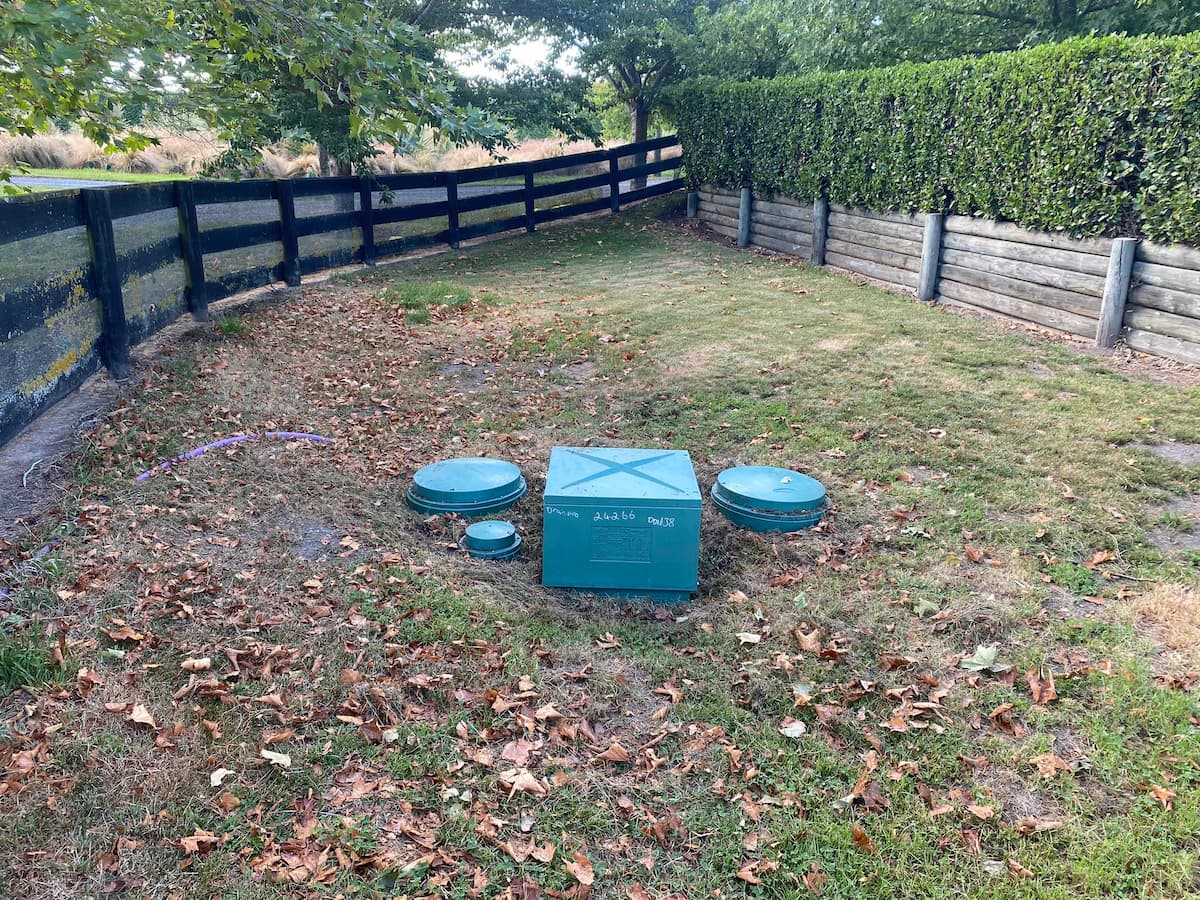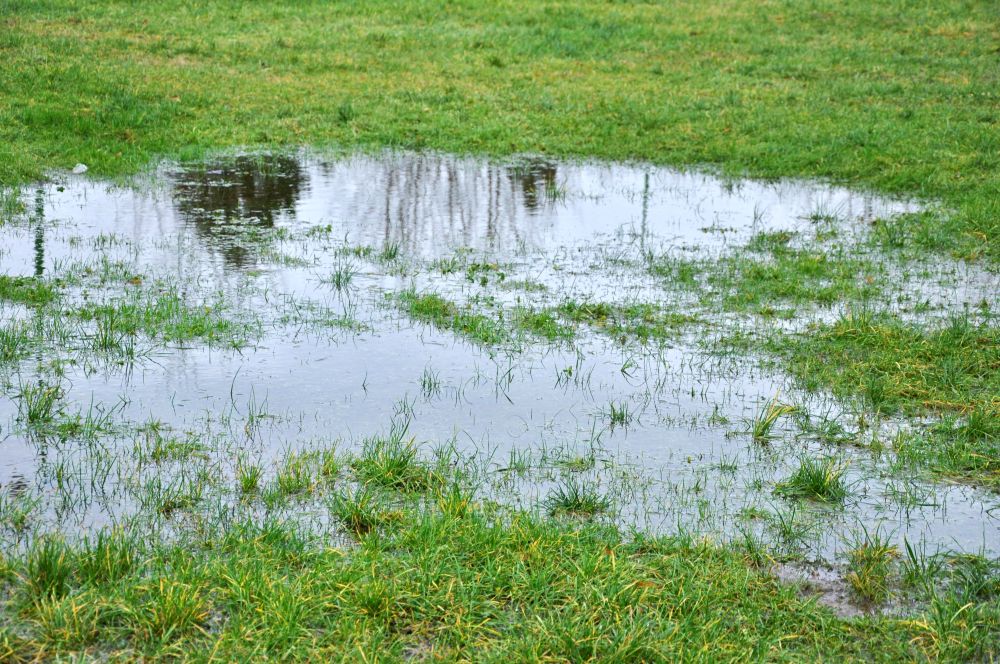Septic systems in Auckland, play a crucial role in managing household wastewater for properties not connected to municipal sewer networks. In Auckland, where a mix of urban development and rural lifestyles exists, quality septic systems are not only essential for hygiene and convenience but also for environmental stewardship.
Understanding how long these systems typically last and what factors influence their durability can help homeowners make informed decisions about installation, maintenance, and eventual replacement.
Introduction to Septic Systems in Auckland
What is a septic system and how does it work?
A septic system is an on-site wastewater treatment solution typically consisting of a septic tank and a drainage field (also known as a soakage field or leach field). Wastewater from the household flows into the tank, where solids settle and are broken down by bacteria.
The remaining liquid is then dispersed into the surrounding soil for further natural filtration. This system is self-contained and ideal for properties that are not serviced by public sewer infrastructure.
Why septic systems are common in Auckland’s residential and rural areas
Auckland’s geographic spread includes a substantial number of rural and semi-rural properties. In these areas, connection to the city’s wastewater network is often impractical or prohibitively expensive. As a result, septic systems remain a preferred solution. Even in some suburban fringes, these systems are used due to zoning or land-use considerations.
Factors Influencing the Lifespan of a Septic System
Material quality and system design
The longevity of a septic system is heavily influenced by the quality of its materials and the precision of its design. Systems built with high-grade materials such as reinforced concrete or advanced polyethylene tend to last longer than those made from cheaper or outdated alternatives. Likewise, a properly engineered system that matches the property’s soil type and usage needs will function more efficiently over time.
Soil type and drainage conditions in Auckland
Auckland’s varied topography and soil conditions, from volcanic soils to clay-rich areas, affect drainage capabilities. Poor drainage can cause effluent to back up or saturate the drain field, placing additional stress on the septic tank. Systems in areas with well-draining soil typically have a longer operational lifespan due to reduced hydraulic stress.
Frequency and quality of maintenance
Regular maintenance, including scheduled pump-outs and inspections, is vital for preserving system functionality. Neglected systems are prone to sludge buildup, clogs, and premature failure. Quality service from certified professionals ensures that minor issues are addressed before they escalate.
Impact of usage patterns and household size
A larger household generates more wastewater, which can accelerate wear on the system. Similarly, misuse, such as flushing non-biodegradable materials or using harsh chemicals, can damage the delicate bacterial ecosystem that keeps the tank functioning properly. Lifestyle habits significantly influence the system’s durability.

Typical Lifespan of Different Septic System Types
Concrete vs plastic vs fibreglass tanks
Concrete septic tanks, when properly maintained, can last 30 to 40 years or more. Plastic tanks typically have a lifespan of 20 to 30 years, while fibreglass tanks offer a similar duration but with better corrosion resistance. However, fibreglass and plastic tanks may be more vulnerable to damage during installation or from soil pressure.
Auckland-specific environmental and installation factors
In Auckland, frequent rainfall and occasional seismic activity can impact the structural integrity of septic systems. Proper site evaluation and expert installation are essential to mitigate these environmental challenges and ensure the system remains operational for its expected lifespan.
Expected longevity with proper care
With diligent maintenance and optimal installation conditions, a septic system in Auckland can reliably serve a property for 25 to 40 years. The variance depends on both the type of system and how well it’s cared for over time.
Warning Signs Your Septic System May Be Nearing the End of Its Life
Common symptoms of a failing septic tank
Homeowners should watch for warning signs such as slow drains, gurgling sounds in plumbing, sewage odours, or wet patches in the garden near the drain field. These symptoms often indicate that the system is no longer processing waste effectively.
When to consider professional inspection or replacement
If your system is over two decades old or exhibits persistent issues despite regular maintenance, it’s wise to consult a licensed septic professional. An expert assessment can determine whether targeted repairs will suffice or if full replacement is the safer and more cost-effective option.
Maintenance Strategies to Extend Septic System Lifespan
Recommended servicing schedules in Auckland
Auckland Council recommends that septic systems be inspected every three years, with tanks pumped out every three to five years depending on usage. More frequent attention may be necessary for larger households or older systems.
Best practices for usage and waste management
Avoid flushing wipes, sanitary products, or grease down the drain. Use environmentally friendly cleaning products, and distribute laundry loads throughout the week to avoid overloading the system. These small changes can significantly reduce strain on your septic system.
The importance of professional inspections and pump-outs
Routine inspections help identify issues like leaks, blockages, or structural weaknesses. Regular pump-outs remove sludge and scum, preventing overflow and ensuring the system maintains proper separation of solids and liquids.
When and Why Replacement Becomes Necessary
Age vs condition: knowing when to replace
Even well-maintained systems eventually wear out. Age is an important consideration, but so is the condition of the tank and drainage field. Cracks, excessive sludge buildup, or persistent system failures are clear signs that replacement may be necessary.
Compliance with Auckland Council regulations
New regulations or updates to the Auckland Unitary Plan may require system upgrades to meet environmental standards. Non-compliant systems could lead to fines or restrictions, especially if pollution occurs.
Long-term benefits of upgrading to modern systems
Newer systems are more efficient, environmentally friendly, and less prone to issues. Modern installations also offer features like alarms for overflow, improved filtration, and easier maintenance access—making them a smart investment for property owners.
Final Thoughts on Septic System Longevity in Auckland
Making informed decisions for your property’s sanitation future
Understanding the lifespan of septic systems in Auckland is key to proactive property management. With proper planning, maintenance, and timely upgrades, you can maximise the value and functionality of your septic setup.
Partnering with reliable Auckland septic professionals
Engaging with experienced, reputable septic service providers ensures your system remains compliant and efficient. From inspections to replacements, trusted professionals help safeguard your investment and the surrounding environment.


